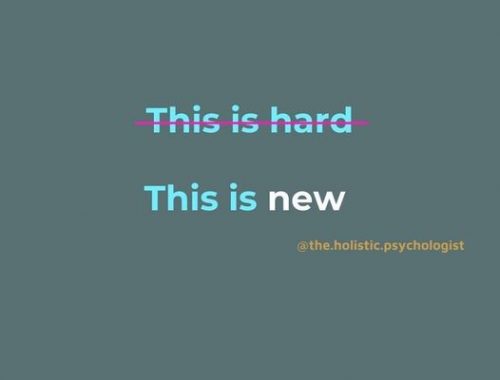Reporting, our necessary evil.
In my experience, comms people are generally bad at two things – measuring what they do and telling people how great they are. It’s not on purpose. We always have the best of intentions. You might even do it every now and then, a full evaluation of a plan or an article in the internal newsletter. But more often than not, we are running towards the next deadline or starting the next project while still working on the previous one. We know we should evaluate; we know we should sing from the rooftops about how awesome we are, but who has time for that.
That was me. I did it all the time when I was in house. Let’s be honest, I still do it now. I don’t remember the last time I stopped to look at how many people are reading my blogs or looking at my website.
Having worked across many government departments and with a lot of Executives in my current role as a consultant, I consistently hear some version of the following:
“We do stuff with the comms team, and then I never hear how it went. Then we get asked to do something else.”
“I don’t really know what they do. I don’t see anything about their work.”
For me, these are two connected issues. First, if we don’t evaluate, then we don’t have a story to tell. Second, if we don’t tell people about our outcomes, how will they even know the value of what we do.
Measurement and evaluation
I have written about this before. If communications is going to be valued and if it is going to be taken seriously as a profession, then we need to understand the outcomes, not just the outputs of our work.
Output are the things you do – a media release, a social media post, a new webpage – it is a count of things. We put out two media release, seven Facebook posts and a newsletter. What this doesn’t tell you is the value or impact for your organisation. Think of it like saying, I carried three bricks, what it doesn’t show is that you built a house.
On the other hand, an outcome is the behaviour changes, level of awareness, and overall performance or achievement because of the communications outputs. It is the impact.
I know it feels like you don’t have time, but this is part of the service that you provide. It is not an added extra. Knowing what works and what didn’t and where your energy is best spent is part of your job.
Reporting to the business
Once you know the outcomes, you need to tell people, show people, that the time you asked them to give being in a video, clearing a media release or developing a communications plan was worth it.
They will only know it’s worth it if you tell them. Even if you didn’t get the uptake you wanted, the front page news story, the engagement you expected – share what you learnt and what you would do differently next time.
Some of the best comms teams I know struggle with this. We don’t prioritise measuring, evaluating and sharing what we do.
Let me tell you, what I know is your organisation will not value the work you do unless you tell them what it is you are doing and the outcomes of your work.
How you report up will look different in every organisation. It may be a report to the Board or CEO. It could be a briefing to the leadership team once a quarter. A report to your client. It could be ensuring your boss has talking points for their one-on-one. Or as simple as an email to your SME.
You need to get the data, facts and stories into the hands of the right people in your organisation.
Communications teams often wonder why no one understands what they do, the work that goes into it or how great they are. It’s because we are the worst about communicating about ourselves!
You may feel like you don’t have time, that there isn’t the capacity in the team but let me tell you, it’s a necessary evil. If you don’t start doing it, you will lose goodwill, respect and potentially budget because there is a perception you “don’t do anything” instead, it’s just because you don’t tell anyone what you do.
PS. If you want to read more about measurement and evaluation you can’t go past the International Association for Measurement and Evaluation of Communications (AEMC) interactive framework.

